Once disabled people decide to take a vacation to Vietnam, they need to take the below tips into consideration to make their holiday time in Vietnam become easier.
Thanks to modern technologies and technics, people with disabilities nowadays are given a chance to live, work and function as perfectly normal human beings. Yet, it gets a little tricky when it comes to travelling especially to a place like Vietnam, Cambodia or Laos. Mostly because of several facts: there are not enough facilities for people with disabilities in terms of transportation in Vietnam, there are almost no hotels that offer rooms that would be accessible for disabled people, there are no ramps at the tourist attractions. But, if you are a true traveller, then there is nothing that can get in your way to doing what you’ve planned to do. And if it is Vietnam that you’ve decided to visit then you’ve come to a right place, here are some few tips to make your trip to Vietnam much easier and more enjoyable.
Read more:
Luggage
Packing carry-on luggage can be a little daunting, and toting around heavy bags only adds to the difficulty of travel. So when packing your carry-on baggage, try to make it as light as possible, only carry on the essentials. While packing, you should have your typical daily accessories in mind: consider what medications you may need to take, special dietary restrictions you may have (planes and airports may not be able to accommodate your needs), or any type of supportive pillows or braces you may need to assist with your comfort during a long day of sitting.
Wheelchair
If you require a wheelchair, check with the airline regarding their policies on wheelchairs. If you use an electric wheelchair that is one more thing to keep in mind, ensure that the places you are staying are adequately equipped to re-charge your wheelchair. The more popular destinations should be equipped with either ramps or elevators (it doesn’t hurt to double check though) but you will definitely want to approach less popular tourist attractions to make sure they are wheelchair accessible.
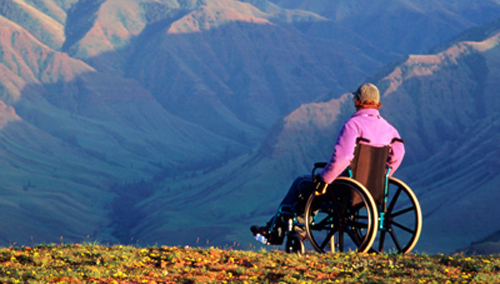
Environment Adaptation
When you are in a completely different environment, it is important that you take care of yourself as if you were back home. Don’t neglect any physical therapy regiments, scheduled medications or dietary restrictions. It will be tempting to try to fit in as many activities into each day as possible, but know your limitations and don’t over exert yourself – considering the unavoidable jet lag, you will already be tired until your body can adjust to the time change.
Diet
It will be a challenge to figure out what each dish contains if you wait to ask at the restaurant. It would be best to research the popular meals ahead of time, that way you can get an idea of what you can and cannot eat.
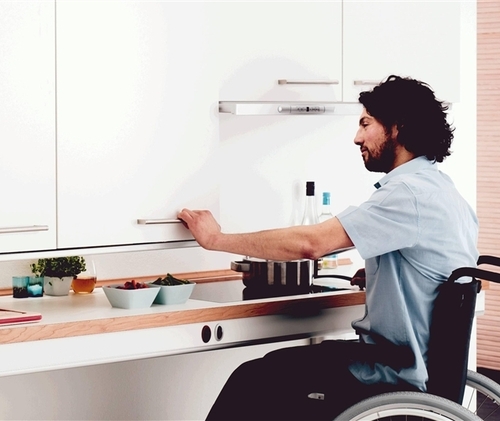
Travel Insurance
Travel insurance is often times overlooked, but it is essential on such long, expensive trips – especially if you are bringing expensive equipment, such as wheelchairs, that could possibly be damaged during your trip. Just like any other type of insurance it is important you shop around and find a policy that meets your needs the most. It is vital that your insurance includes medical care, just in case an emergency arises (or if you have to cancel your trip at the last minute).
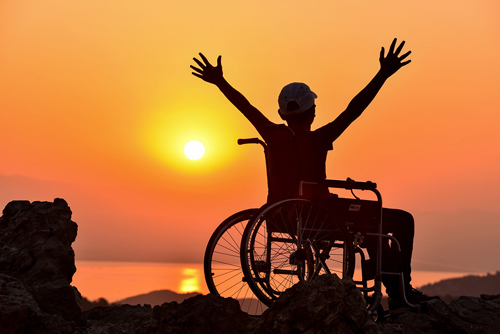
Experienced travel agency
First of all, find a nice and experienced travel agency that can make travel arrangements for you. If they suggest joining a group of disabled people, don’t even hesitate to join. Travelling in groups can be rather enjoyable.
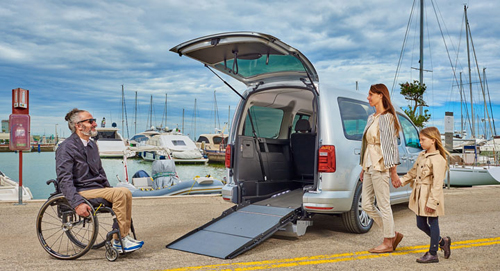
Accommodations
Once you’ve been given the names of the hotels and the places you are set to visit, go ahead and double check things yourself by giving them a call and asking them about how well equipped and ready they are to host a disabled person. The last thing you want is to find out some surprises when arriving at the hotel.
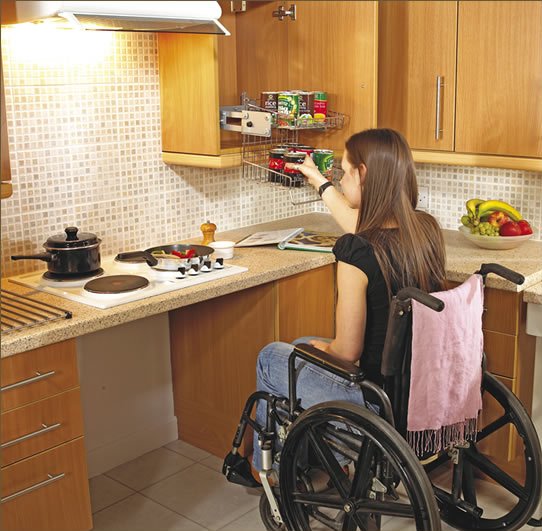
Transportation
Pre-arrange your transportation. Not all kinds of transportation are accessible for disabled people in Vietnam. So, you’ll have to plan everything before going there. Trains in Vietnam are not good option for disabled people, so you’ll have to find other ways to move around. Buses (especially tourist buses) are okay. They are not very comfortable for disabled people, but at least using them is manageable and affordable. The best way to move around in the city and get the most out of your trip is to rent a private car in Vietnam with a driver (if you can afford it, of course).
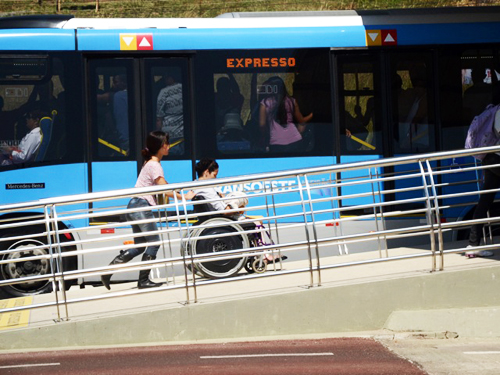
Assistance
Take someone who’s not disabled with you. You may be used to living on your own in your environment, but Vietnam is a new place and it is pretty crowded, which means it’s going to be very difficult even just walking in the streets of the city. For instance, if you’re blind, don’t even try to walk on Vietnam’s streets without a sighted companion.
Kindly ask for help from local people when needed. Just because there are no sufficient facilities here for disabled people, it does not mean you’re not welcome. Local people in Vietnam, Cambodia are very kind, welcoming, and hospitable and they are always willing to help you out and give you a hand when needed.
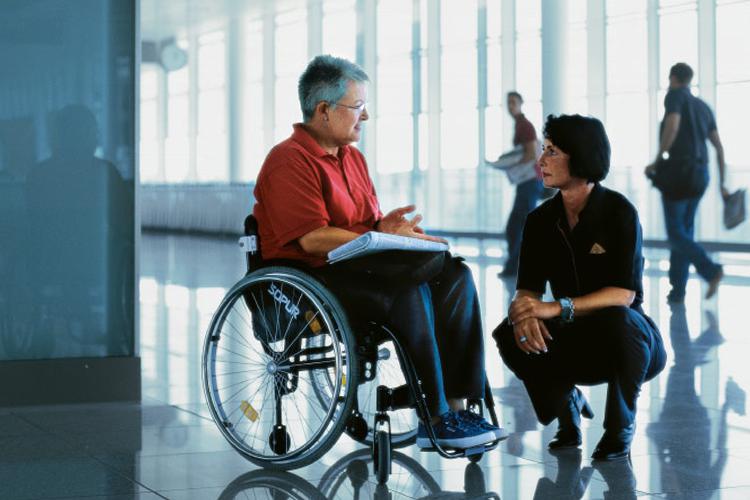 Also, there are some places in Vietnam that are too rocky and simply inaccessible for disabled people. So it’s important to choose the cities and the places you will be visiting wisely. It will be better if you start your trip with cities like Hue and Hoi An. Those definitely are one of the most interesting cities you’ll ever visit, because they are far less crowded and crazy than Ho Chi Minh City or the capital of Vietnam – Hanoi.
Also, there are some places in Vietnam that are too rocky and simply inaccessible for disabled people. So it’s important to choose the cities and the places you will be visiting wisely. It will be better if you start your trip with cities like Hue and Hoi An. Those definitely are one of the most interesting cities you’ll ever visit, because they are far less crowded and crazy than Ho Chi Minh City or the capital of Vietnam – Hanoi.
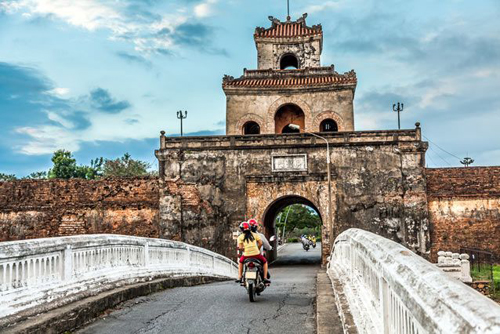
Most importantly, enjoy Vietnam! You may not be able to enjoy every attraction and some location may not be accessible to you, but don’t let that stop you from enjoying what you can approach in Vietnam. It is a completely new culture to you, and without the stress of trying to visit EVERY attraction, you may have the unique opportunity to get to know Vietnam on a more personal, intimate level than the average traveler. Take advantage of it. Talk to some locals. Find out their favorite places to go and favorite sights to see. It doesn’t have to be all about what you have planned but what you learn once you get there. Hopefully our tips will help you make your trip as enjoyable as possible.
Once disabled people decide to take a vacation to Vietnam, they need to take the below tips into consideration to make their life become easier.
Thanks to modern technologies and technics, people with disabilities nowadays are given a chance to live, work and function as perfectly normal human beings. Yet, it gets a little tricky when it comes to traveling especially to a place like Vietnam, Cambodia or Laos. Mostly because of several facts: there are not enough facilities for people with disabilities in terms of transportation in Vietnam, there are almost no hotels that offer rooms that would be accessible for disabled people, there are no ramps at the tourist attractions. But, if you are a true traveler, then there is nothing that can get in your way to doing what you’ve planned to do. And if it is Vietnam that you’ve decided to visit then you’ve come to a right place. Here are some few tips to make your trip to Vietnam much easier and more enjoyable:
Experienced travel agency
First of all, find a nice and experienced travel agency that can make travel arrangements for you. If they suggest joining a group of disabled people, don’t even hesitate to join.
in groups can be rather enjoyable.
Accommodations
Once you’ve been given the names of the hotels and the places you are set to visit, go ahead and double check things yourself by giving them a call and asking them about how well equipped and ready they are to host a disabled person. The last thing you want is to find out some surprises when arriving at the hotel.
Transportation
Pre-arrange your transportation. Not all kinds of transportation are accessible for disabled people in Vietnam. So, you’ll have to plan everything before going there. Trains in Vietnam are not good option for disabled people, so you’ll have to find other ways to move around. Buses (especially tourist buses) are okay. They are not very comfortable for disabled people, but at least using them is manageable and affordable. The best way to move around in the city and get the most out of your trip is to rent a private vehicle with a driver (if you can afford it, of course).
Assistance
Take someone who’s not disabled with you. You may be used to living on your own in your environment, but Vietnam is a new place and it is pretty crowded, which means it’s going to be very difficult even just walking in the streets of the city. For instance, if you’re blind, don’t even try to walk on Vietnam’s streets without a sighted companion.
Kindly ask for help from local people when needed. Just because there are no sufficient facilities here for disabled people, it does not mean you’re not welcome. Local people in Vietnam, Cambodia are very kind, welcoming, and hospitable and they are always willing to help you out and give you a hand when needed.
Also, there are some places in Vietnam that are too rocky and simply inaccessible for disabled people. So it’s important to choose the cities and the places you will be visiting wisely. It will be better if you start your trip with cities like Hue and Hoi An, Siem Reap. Those definitely are one of the most interesting cities you’ll ever visit, because they are far less crowded and crazy than Ho Chi Minh City or the capital of Vietnam – Hanoi. You can also easily visit the mountainous area Sapa town and enjoy amazing sceneries of Vietnam. Also, don’t miss out on Ba Be National Park and Phong Nha-Ke Bang National Park. You may need a little help with those last two, but, as mentioned above, local staff will be happy to help you out. After a tiring trip, Nha Trang or Da Nang is always waiting for you for some sandy fun on the beach!
So, if you wish to visit and see Vietnam, it’s not going to be an easy one, but sure it’s going to be one of the most memorable trips in your life. Hopefully out tips will help you make your trip as enjoyable as possible.










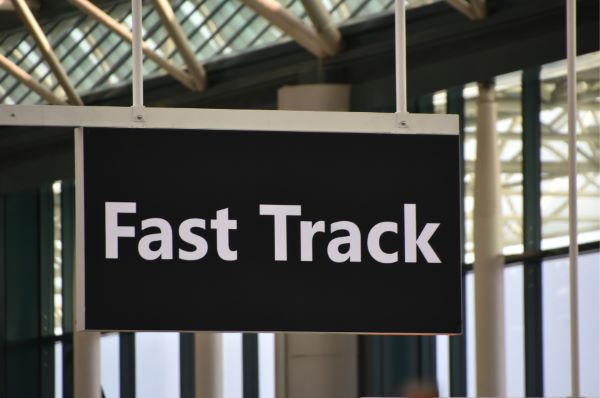

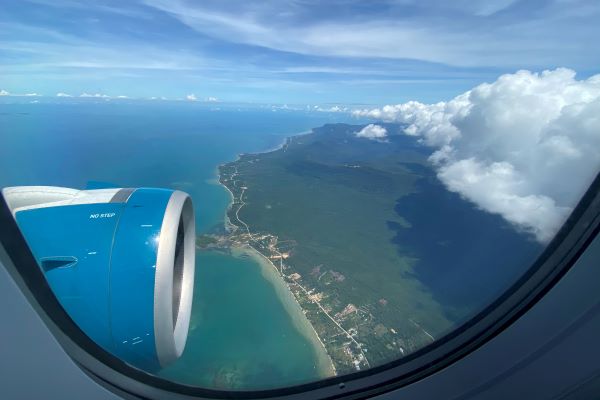

Is there accessible transport in Vietnam?
Hi Daniel,
Thank you for your comment. Public transport in Vietnam has been improved so that disabled people can go around without any hassle. Our shuffle bus transfer from/to our international airports and some tourist buses have already had a wheelchair ramp. However, trains and taxis in Vietnam are not convenient for disabled people.
The best way to travel around for disabled people is renting a private car. You can find out more details here: https://www.vietnamparadisetravel.com/services/vietnam-car-rental. You need to bring your wheelchair when traveling to Vietnam. Our tour guides and drivers will assist you as much as we can during your trip.
Hope to see you in Vietnam.
Chi Nguyen